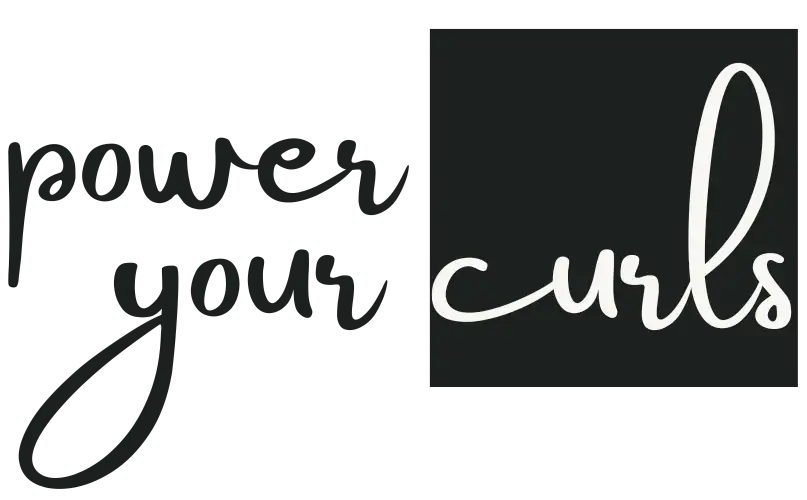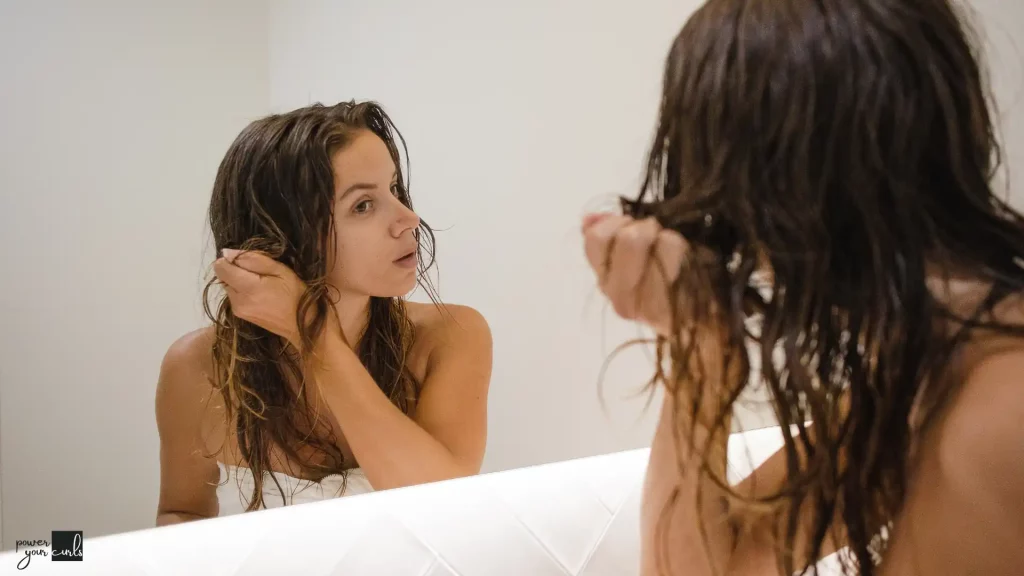
Hair health is a crucial aspect of overall beauty and well-being. Like the skin, hair requires proper care and hydration to maintain luster and strength.
One of the most common issues that many people face is dehydrated hair, which leads to dullness and breakage.
Understanding and addressing the signs of dehydrated hair can help you maintain healthier and more vibrant locks.
In this blog, let us explore the causes, signs, and solutions for dehydrated hair. With PowerYourCurls’ help, experts will reveal tips on how to keep your hair in top condition.
How do I know if my hair is hydrated?
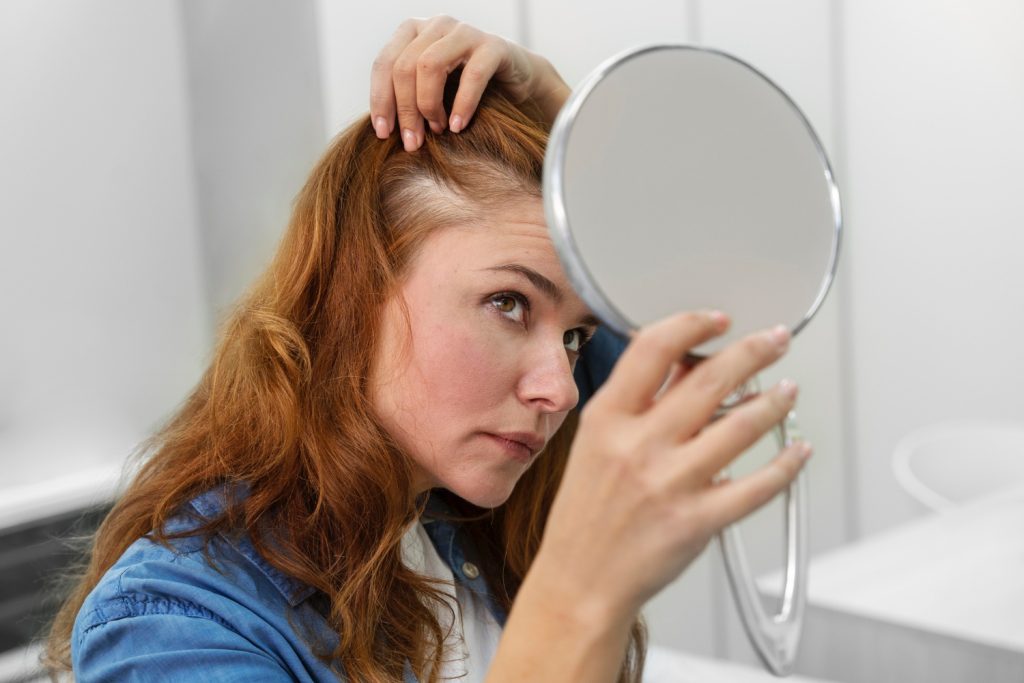
Recognizing the signs of dehydrated hair is the first step toward addressing the issue.
To determine if your hair is dehydrated, it lacks the necessary moisture to keep it healthy and shiny. Unlike dry hair, which is usually caused by the lack of natural oils, dehydrated hair is due to a deficiency in water content within the hair strands. This can make the hair look dull, feel rough, and be more prone to damage.
While both conditions result in similar symptoms, their root causes and treatments differ.
Dehydrated hair can also feel more brittle and be prone to breakage due to the weakened structure. Furthermore, it may appear frizzy and unmanageable, as the lack of moisture causes the hair cuticle to lift, increasing tangling and flyaways.
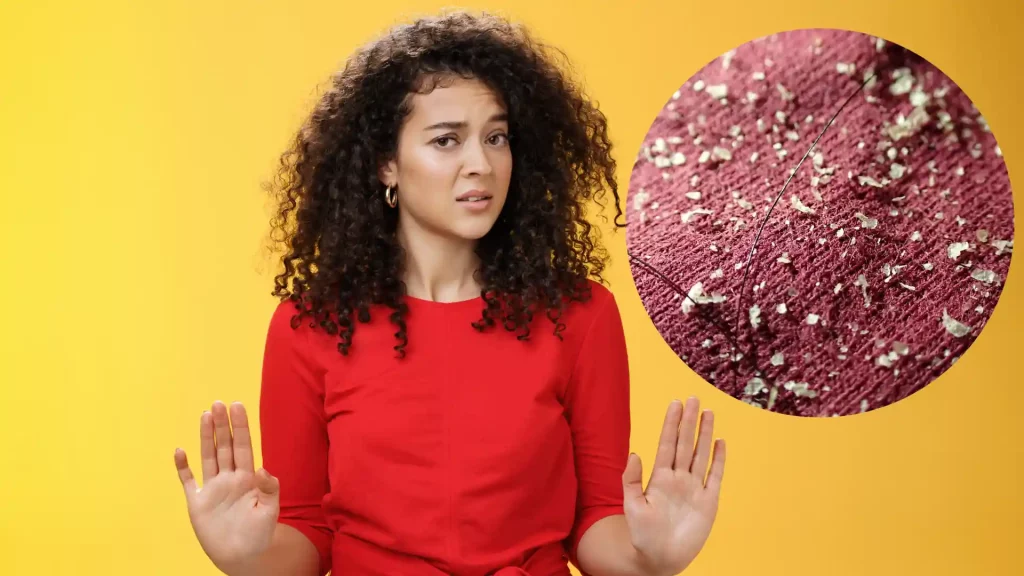
There might also be increased frizz and flyaways, making the hair difficult to manage. The texture of dehydrated hair tends to be rough and brittle, leading to split ends and breakage. Additionally, the scalp may suffer, resulting in dryness, flakiness, and irritation.
Finally, dehydrated hair can also be detected if it has a lackluster appearance, rough, and straw-like texture.
What causes dehydrated hair?
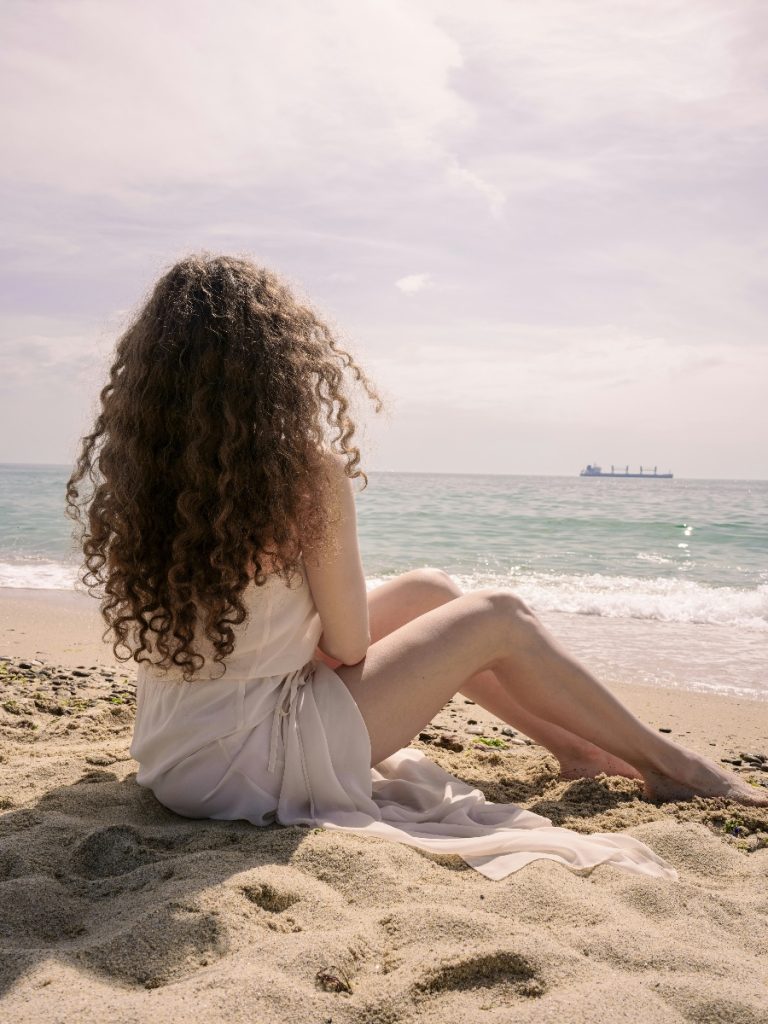
Several factors can lead to dehydrated hair. One primary reason is the lack of moisture in the hair, which can be exacerbated by environmental factors such as excessive sun exposure and wind.
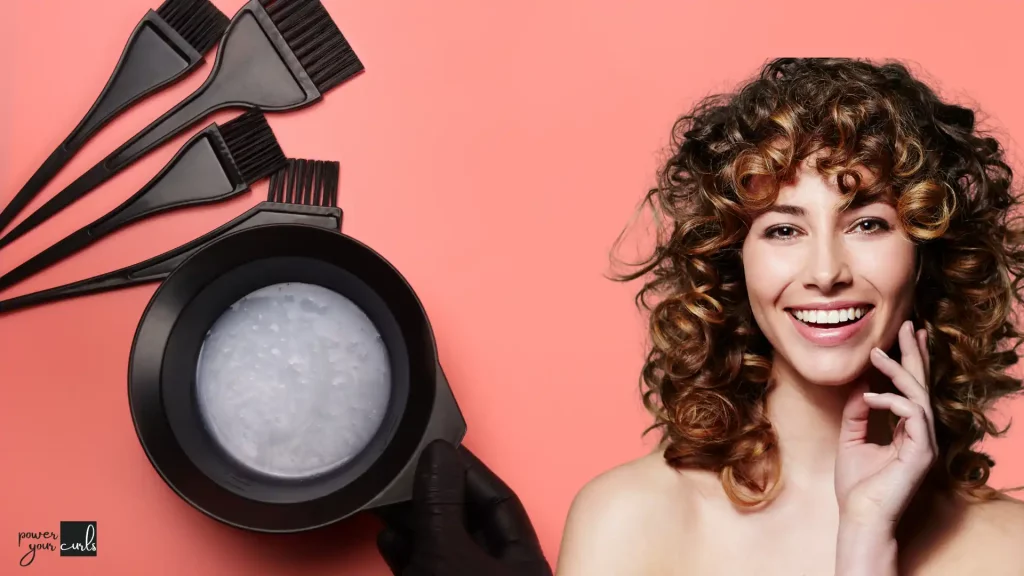
The second reason is overwashing and using harsh shampoos, which can strip the hair of its natural moisture. Frequent use of heat styling tools, such as hair dryers and straighteners, as well as chemical treatments like bleaching, coloring and perming, can also contribute to dehydration.
Another cause of dehydrated hair is a poor diet and insufficient water intake can negatively impact hair hydration. Environmental factors and chemical treatments also significantly affect hair health which leads to increased dryness and damage.
Dehydrated hair can be a challenging issue, but with the right care and attention, it is possible to restore its health and vitality. By understanding the causes and signs of dehydration and implementing preventive measures and effective treatments, maintaining beautifully hydrated hair is just one step away.
How can you prevent dehydrated hair?
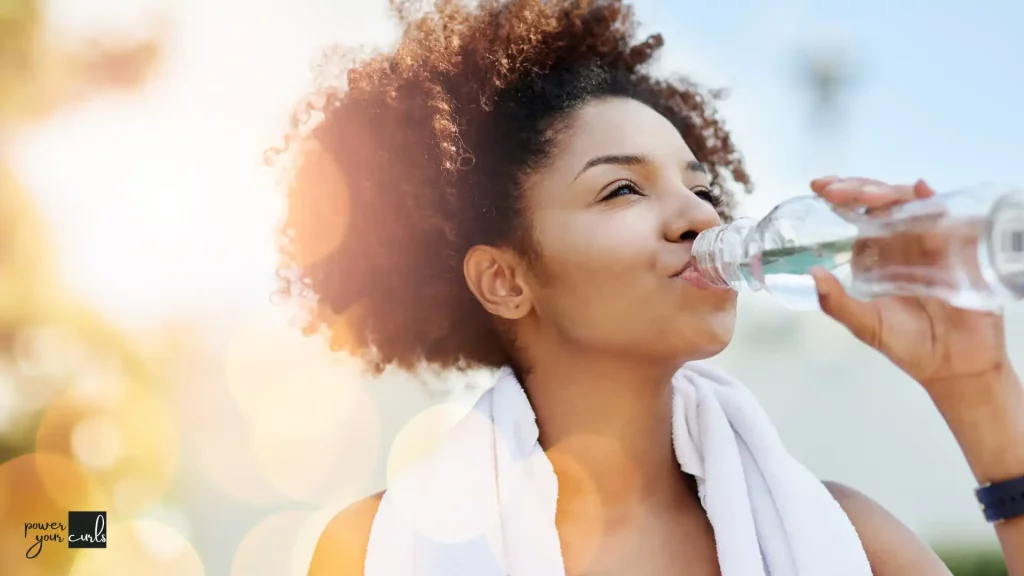
Preventing hair dehydration involves adopting a gentle and nourishing but multi-faceted hair care routine.
One way to steer clear of thirsty locks is by avoiding excessive heat and chemical treatments, as these can remove moisture from the hair, according to PowerYourCurls hairstylist Gwenda Harmon. Choose gentle, sulfate-free shampoos and conditioners that are designed to retain moisture. This might be optional but consider using leave-in conditioners and hair masks to help provide deep hydration.
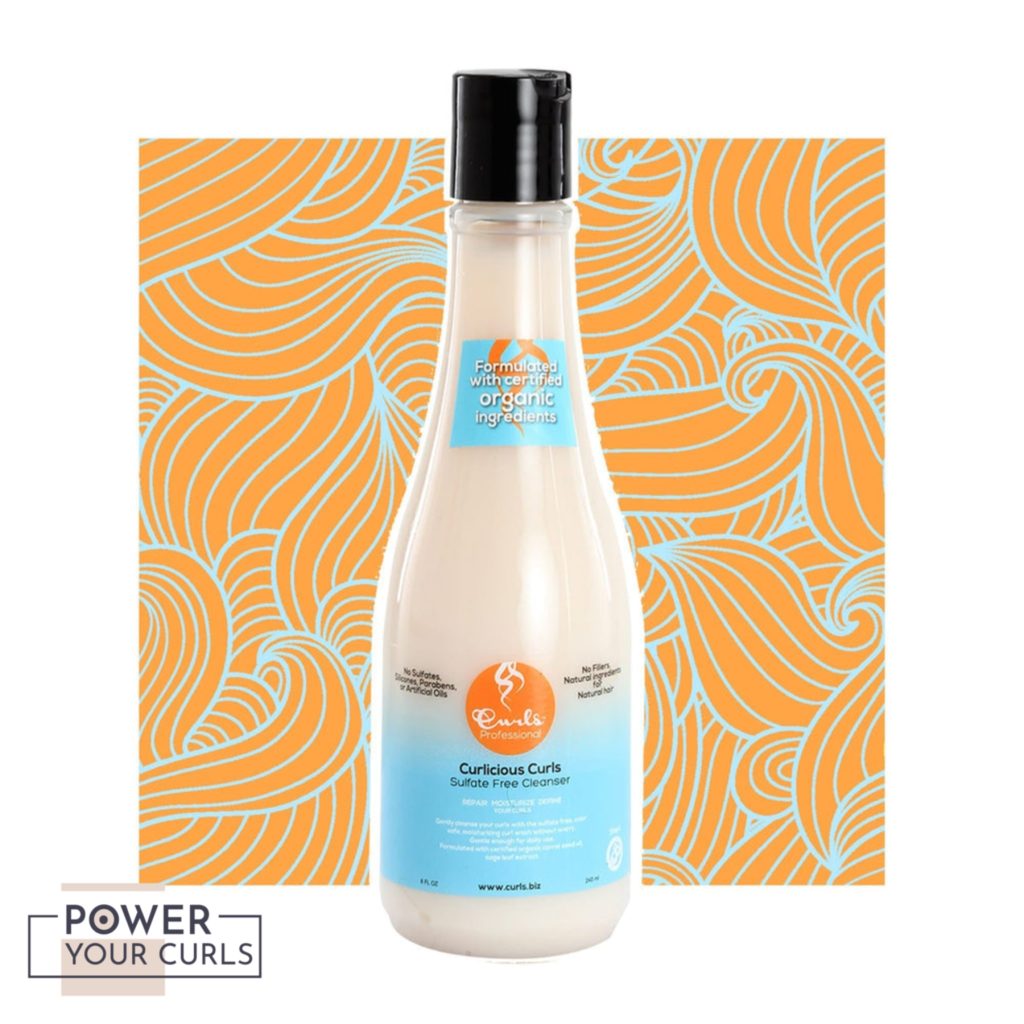
Another way to maintain hydration on hair is using leave-in conditioners. PowerYourCurls trichologist Dr. Faisal Hammadi said these products, in various forms like creams, sprays, or serums, are meant to be applied to damp or dry hair and left in without rinsing, providing continuous hydration and nourishment. These products replenish lost moisture, smooth frizz, and improve manageability.
Dr. Hammadi also advises applying hair masks, or deep conditioning treatments, which can be left on the hair for 10 to 30 minutes, for moisturizing, repairing, and nourishing. With concentrated ingredients like hydrating oils and proteins, they strengthen the hair, repair damage, and enhance overall hair health.
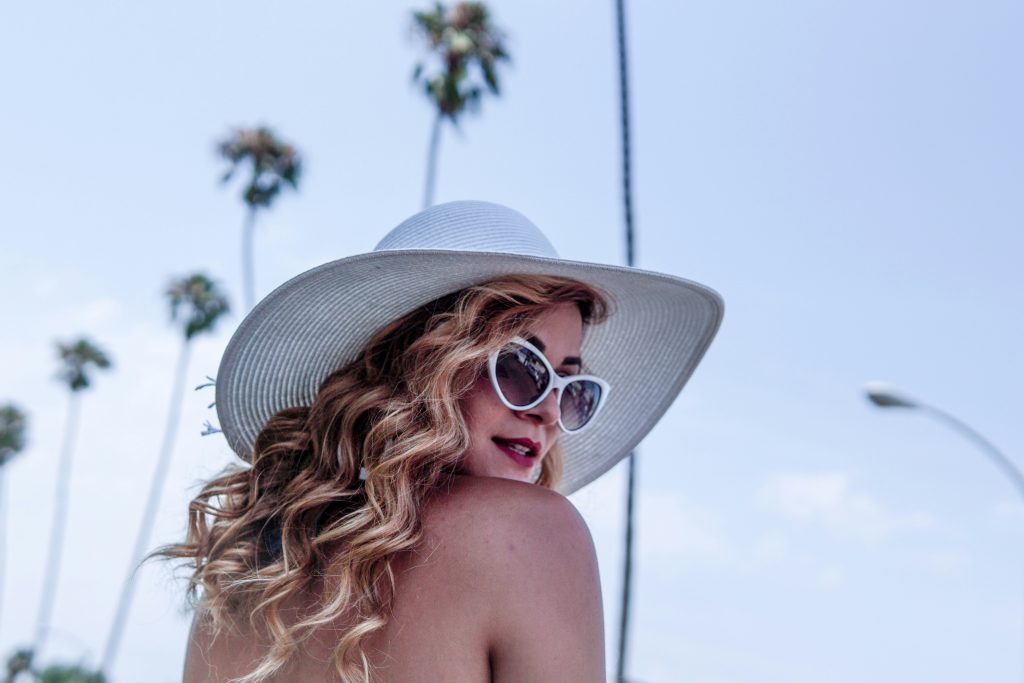
As practical as it can get, Harmon recommends protecting your hair from extreme weather by wearing protective hairstyles and coverings. You can wear a hat with satin lining to protect hair from UV rays as well as prevent stripping off natural oils from the scalp.
Moreover, Dr. Hammadi said maintaining a balanced diet rich in vitamins and minerals and drinking plenty of water supports overall hair health. Vitamins such as A, C, and E, as well as minerals like zinc and iron, are essential for maintaining hair hydration and overall health.
How do you hydrate your hair properly?
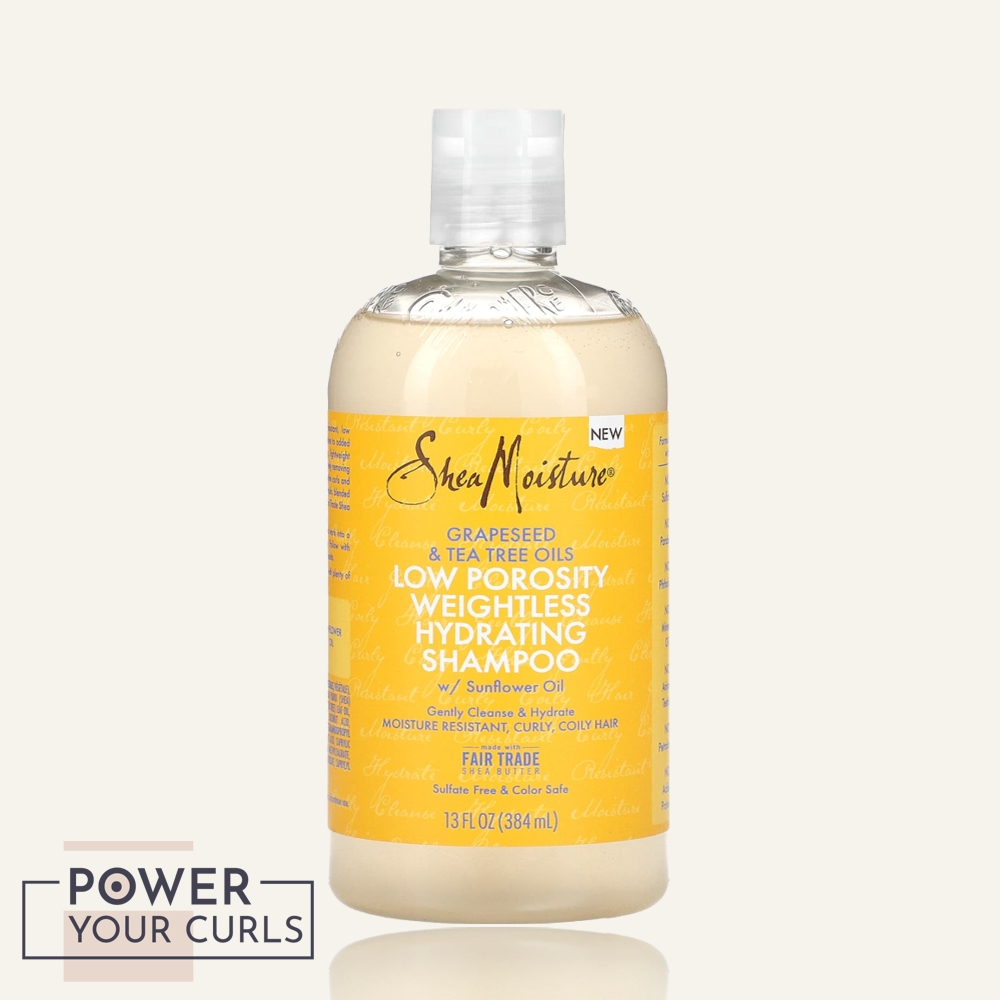
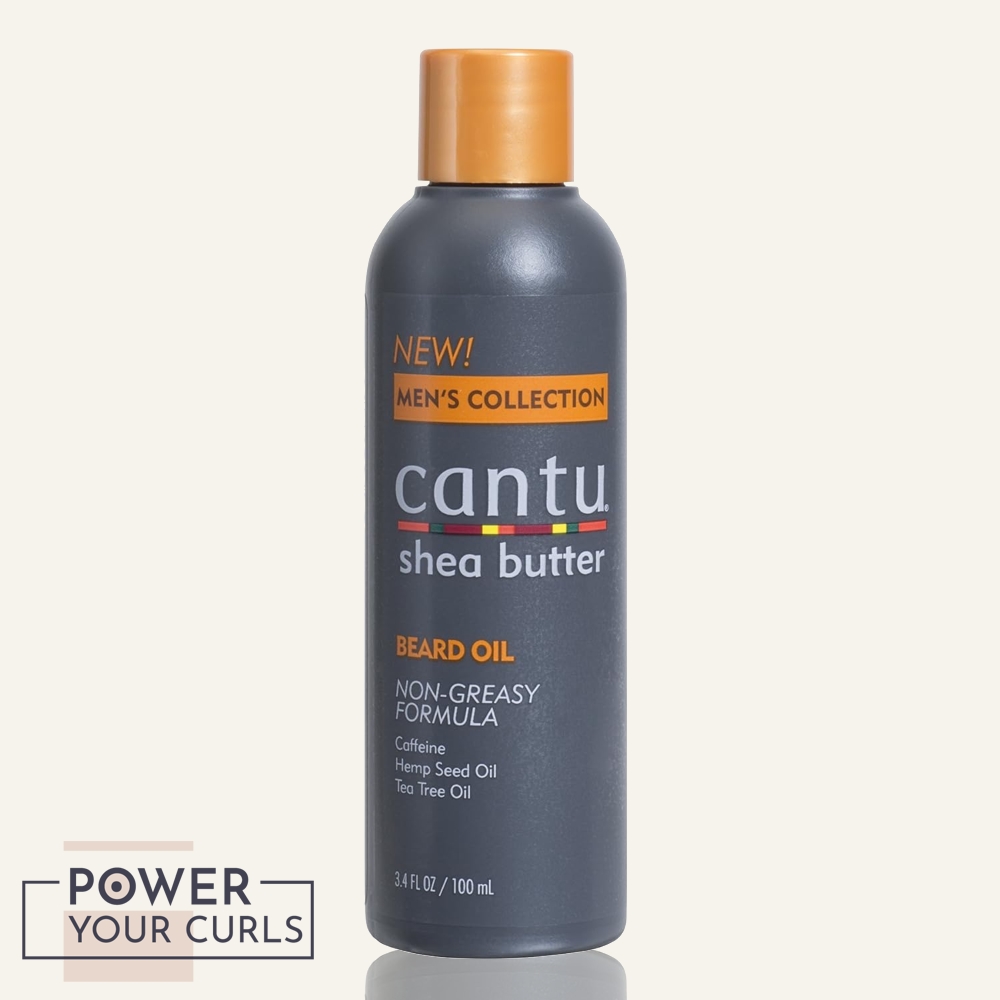
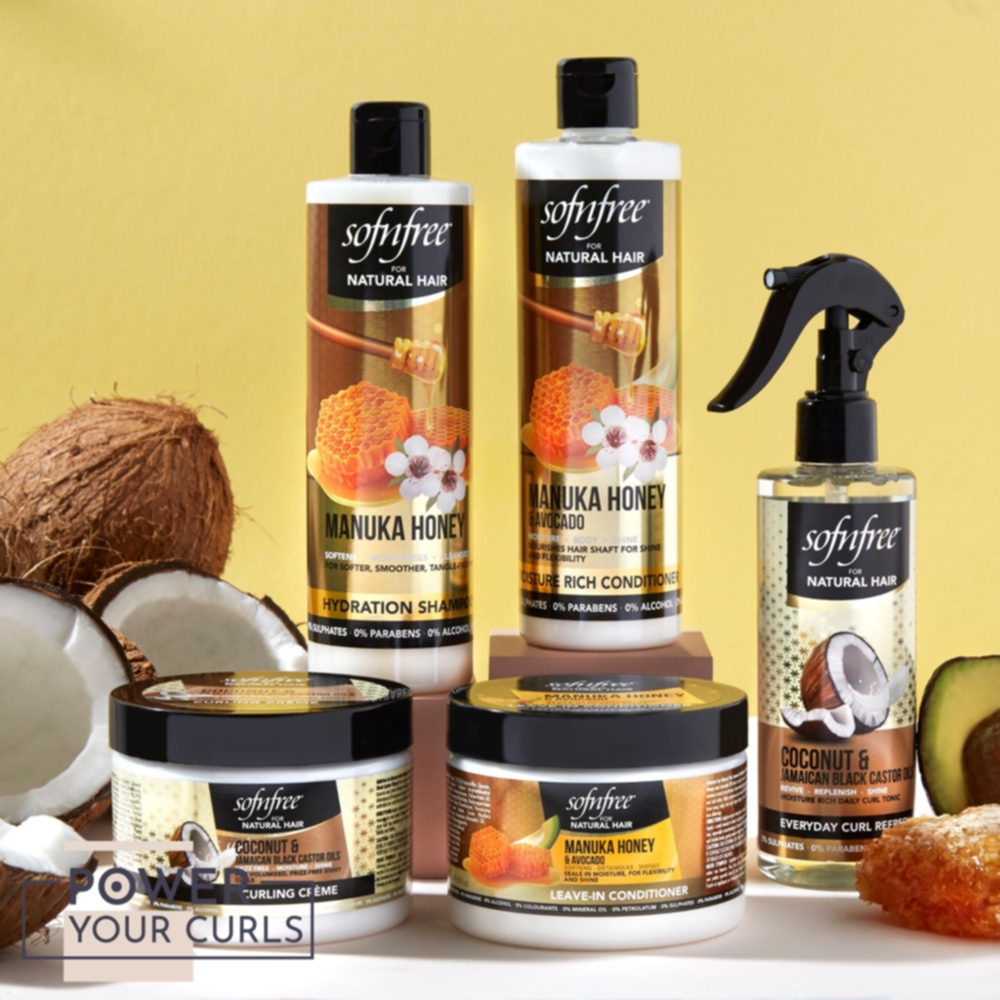
If you don’t retain hair hydration, chances are it will look brittle and more difficult to style. Consider incorporating regular deep conditioning treatments into your routine to effectively hydrate your hair. Dr. Hammadi advises that natural oils such as coconut oil and argan oil are excellent for adding moisture and sealing the hair cuticle.
Harmon recommends avoiding tight hairstyles like buns or braids that can stretch and stress the hair as this may lead to eventual breakage and permanent hair loss over time. When drying your hair, use gentle towel drying by simply patting it gently instead of vigorously rubbing the towel, and limit the use of heat styling tools.
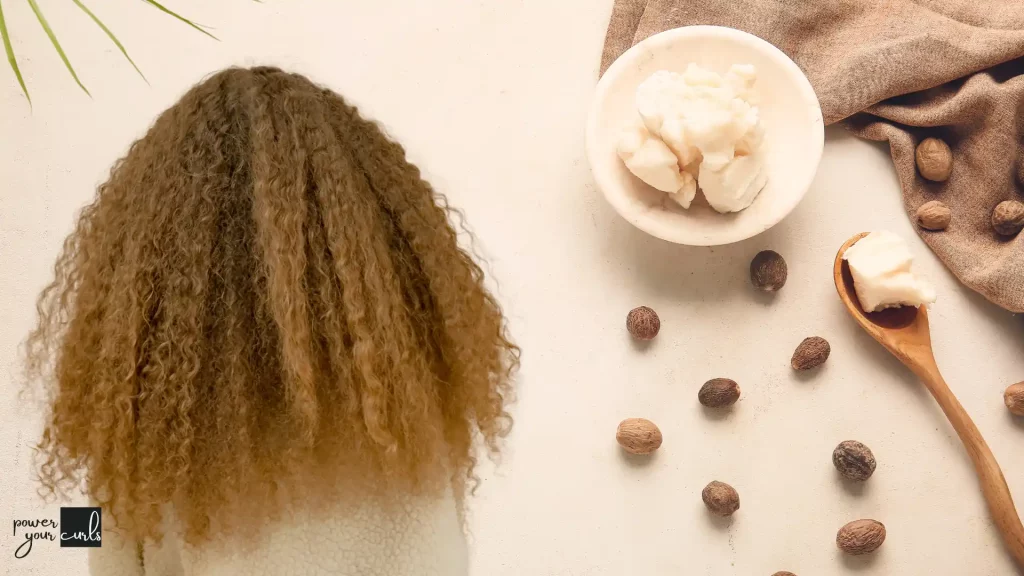
Refrain from harsh scalp massage during washing as it can stress the hair, such as using fingernails to spread hair products. Light and gentle care is recommended, starting with washing and conditioning using the fingertips rather than the palms to prevent further damage, especially for fragile, thinning, and dehydrated hair.
After washing and conditioning, using wide-toothed combs or fingers for detangling and styling is advisable particularly when the hair is wet and vulnerable. Excessive moving or fiddling of hair can also weaken the strands, especially when wet, and can contribute to hair loss.
Another factor that can affect dehydration is heat as it can weaken and dry out the hair, making it more prone to damage. As much as possible, opting for natural and air-drying whenever possible is the best way to dry the hair. Harmon advises limiting the use of hot styling tools such as straighteners or curling tongs to special occasions to minimize. If anything, use low heat settings on these tools. Sun exposure and hot showers can also contribute to hair damage due to UV rays and water temperature.
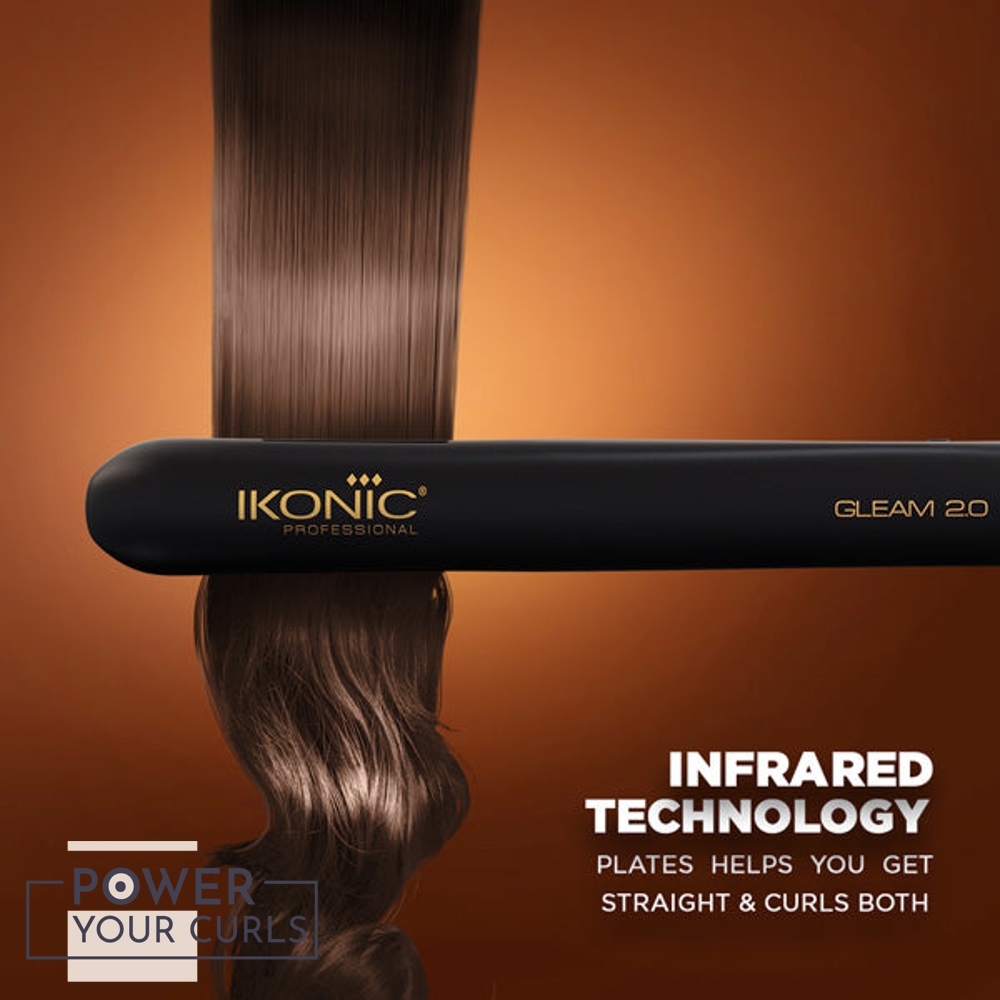
In terms of lifestyle, Dr. Hammadi warns against smoking because it can worsen inflammation in the body, potentially exacerbating hair loss. It is also recommended to visit your doctor for regular tests to check for deficiencies.
What products can I use to rehydrate my hair?
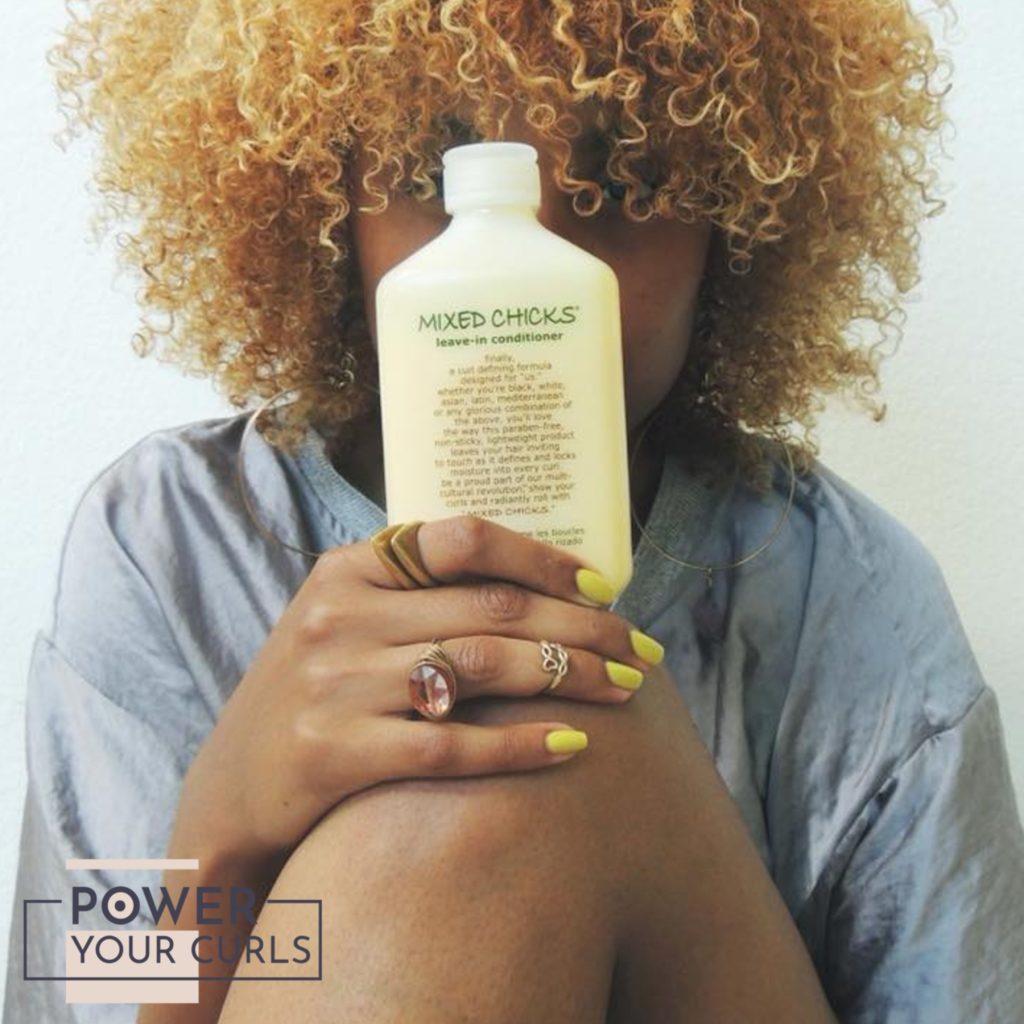
Several products are specifically formulated to combat hair dehydration. Shampoos and conditioners designed for dehydrated hair can help replenish moisture levels.
Look for leave-in conditioners and serums that provide ongoing hydration throughout the day. Hair masks and deep conditioning treatments also offer intensive moisture and repair.
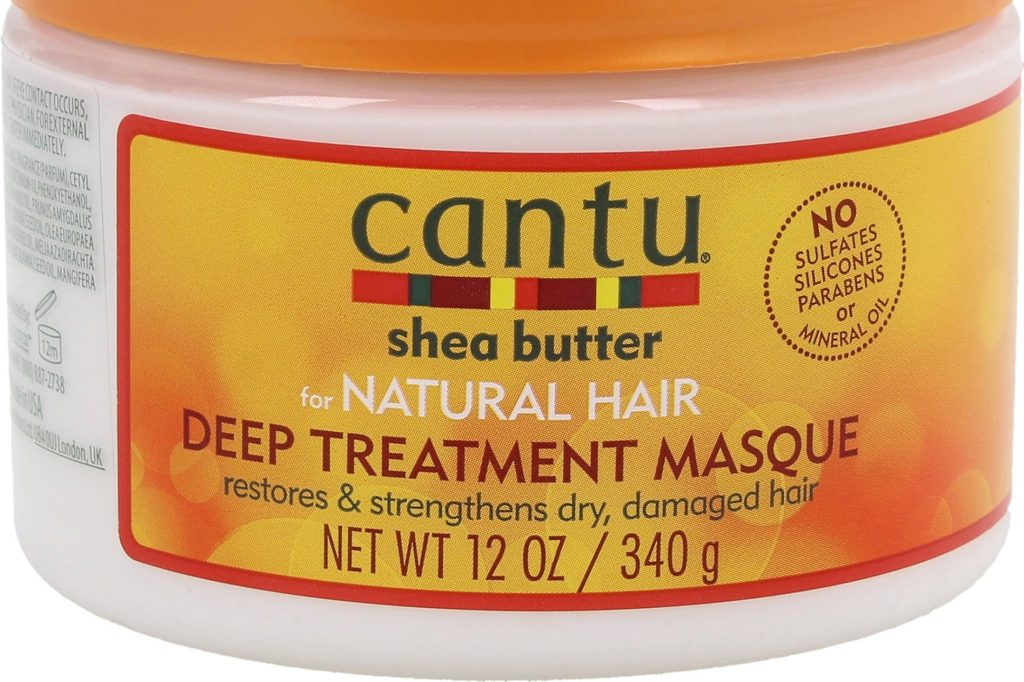
Heat protectant sprays are essential when using styling tools to prevent further dehydration. Natural oils and hair butters, such as shea butter and avocado oil, can provide additional nourishment and protection. Shea butter is rich in fatty acids and vitamins that deeply moisturize and nourish the hair, while avocado oil contains essential nutrients like vitamins A, D, and E that strengthen and hydrate hair.
PowerYourCurls dermatologist and co-founder Dr. Hamdan Abdullah Hamed recommends using products with hydrating ingredients to restore moisture and improve hair texture. “Hydration is key to maintaining healthy hair. Incorporating the right products into your routine can make a significant difference,” he comments.
Here’s a selection of hair hydration essentials from PowerYourCurls, recommended by Dr. Hamed, to help restore moisture and vitality:
- Hawaiian Silky Triple Butter Conditioner: Infused with mango, murumuru, and shea butter, this conditioner deeply nourishes your curls, leaving them soft, hydrated, and easy to manage.
- Motions Hair and Scalp Daily Moisturizing Hair Dressing: Formulated with coconut oil, shea butter, and argan oil, this daily moisturizer provides essential hydration to dry curls, promoting healthier hair and scalp while enhancing shine and manageability.
- Mielle Mongongo Oil Thermal & Heat Protectant Spray: Protect your curls from heat damage with a blend of almond oil, mongongo oil, sacha inchi oil, argan oil, and grape seed oil, ensuring your hair stays protected and hydrated.
- Shea Moisture African Black Soap Balancing Conditioner: Restore balance to your scalp and hair with African black soap, bamboo charcoal, tea tree oil, and willow bark extract, moisturizing and detangling while soothing the scalp.
- African Pride Moisture Miracle Aloe & Coconut Water Detangle & Condition Pre-Shampoo: Treat your curls with this pre-shampoo treatment enriched with aloe and coconut water, softening and managing hair before cleansing for smoother, more manageable curls.
By making conscious choices to prioritize hydration and nourishment, you can achieve and maintain hydrated hair that radiates health and vitality.
